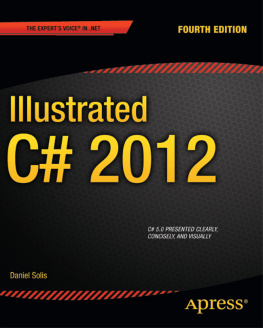Jesse Liberty - Learning C# 2005
Here you can read online Jesse Liberty - Learning C# 2005 full text of the book (entire story) in english for free. Download pdf and epub, get meaning, cover and reviews about this ebook. year: 2015, publisher: OReilly Media, genre: Computer. Description of the work, (preface) as well as reviews are available. Best literature library LitArk.com created for fans of good reading and offers a wide selection of genres:
Romance novel
Science fiction
Adventure
Detective
Science
History
Home and family
Prose
Art
Politics
Computer
Non-fiction
Religion
Business
Children
Humor
Choose a favorite category and find really read worthwhile books. Enjoy immersion in the world of imagination, feel the emotions of the characters or learn something new for yourself, make an fascinating discovery.
- Book:Learning C# 2005
- Author:
- Publisher:OReilly Media
- Genre:
- Year:2015
- Rating:3 / 5
- Favourites:Add to favourites
- Your mark:
Learning C# 2005: summary, description and annotation
We offer to read an annotation, description, summary or preface (depends on what the author of the book "Learning C# 2005" wrote himself). If you haven't found the necessary information about the book — write in the comments, we will try to find it.
If youre a novice programmer and you want to learn C#, there arent many books that will guide you. Most C# books are written for experienced C++ and Java programmers.Thats why Jesse Liberty, author of the best-selling books Programming C# and Programming ASP.NET, has written an entry-level guide to C#.
Written in a warm and friendly manner, Learning C# assumes no prior programming experience, and provides a thorough introduction to Microsofts premier .NET language. The book helps you build a solid foundation in .NET, and shows you how to apply your skills through the use of dozens of tested examples. Youll learn about the syntax and structure of the C# language, including operators, classes and interfaces, structs, arrays, and strings.
Better yet, this updated edition of Learning C# has been completely revised to include the latest additions to the C# language plus a variety of learning aids to help lock-in new knowledge and skills....
Jesse Liberty: author's other books
Who wrote Learning C# 2005? Find out the surname, the name of the author of the book and a list of all author's works by series.

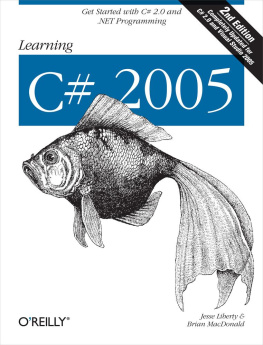
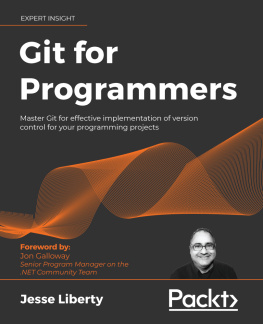
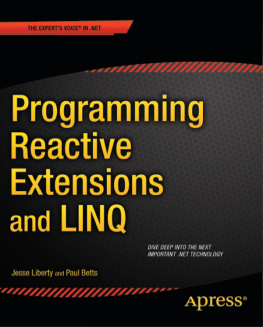
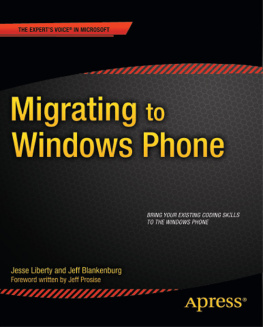
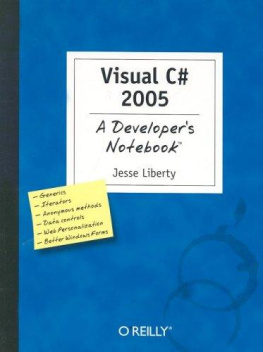

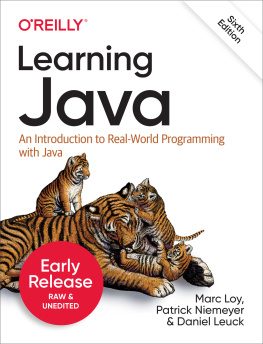
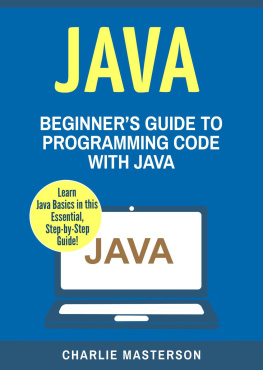
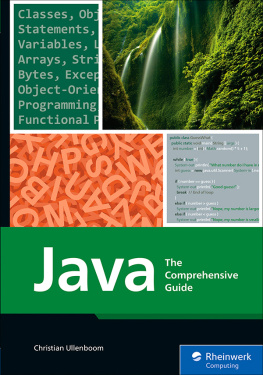
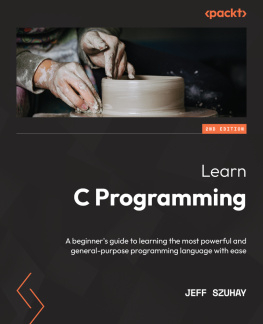
![Mark Lassoff [Mark Lassoff] - Java Programming for Beginners](/uploads/posts/book/119362/thumbs/mark-lassoff-mark-lassoff-java-programming-for.jpg)
